Advice and constructive criticism are supposed to make you stronger, right?
The thing is, that’s not always true.
People have a tendency to pass around what they like...with little or no thought to whether it fits the person they’re giving it to.
I'm not a huge fan of visual aids, but I would never tell anyone not to use them. Some people would though.
They’d say, “oh, don’t use those props, they look cheesy…” Well, maybe that’s your style and you would have no problems doing it. If you had listened to that advice, you would have lost out on the opportunity to go with one of your strengths.
So, it’s important to evaluate the feedback that you get long before you decide to use it.
Let’s dig in:
What Advice Do People Normally give?
In a sentence:
They give out their opinion of what they’d like to see. Or they parrot the sacred “rules” of public speaking that have been passed down from generation to generation to generation. [Still being passed down as we speak!]
Does this mean that their suggestions won’t help you? No, it doesn’t.
Some of it will surely be helpful. There are a lot of knowledgeable people who give advice based on what has worked for others in the past. It would be wise to pay attention to that feedback.
However, what is the downside to giving in to everything you're told?
Why Can’t You Listen To Everyone’s Advice?
If you’re familiar with Toastmasters then you know that evaluations are a big part of what makes it a great organization.
For example, a speaker will prepare a speech, give it, and then get an evaluation from a person whose job it was to analyze that speaker (and speech). Or basically, look for problems to solve.
The feedback is valuable, especially to get rid of the obvious issues such as nervous mannerisms and incessant filler words that can pollute a speaker’s river of words.
But when it comes to elements of “style,” this is when the feedback must be put through a “good cop, bad cop” interrogation until it reveals the truth.
I learned this the hard way while competing in the Toastmasters International Speech Contest. I went around from club to club delivering my speech in order to get, you guessed it, feedback on my speech.
I was told a gazillion different things. Many conflicting. Some went against things that I knew were already working well. To be perfectly honest, it was stressful.
It created a lot of doubt in my mind which caused major anxiety. There were times that I’d hear that I should change what was the equivalent of...my ENTIRE speech. Can you imagine hearing that when the contest was just a few days away?
Anyway, I tested a lot and what I learned was, everything that didn’t feel right (didn’t fit my personality) completely bombed. From joke/content changes to facial expressions to gestures. When I instinctively knew it wasn’t a fit, it ended up not being one.
Of course, I received feedback that did work, too. And that’s the point I want to make.
We must be vigilant. People want to strip us down and mold us into something we're not.
I say learn the fundamentals, yes, but then throw that book off a cliff and shoot it with a rocket launcher. Call in an airstrike while you’re at it.
Remember, your delivery, your voice, and your personality are uniquely yours and make up the majority of who you are. You must guard them with your life.
What Should You Listen To?
Listen to most advice and feedback and then analyze it. Listen to advice from speakers that have styles that you like as well.
But no matter who you listen to...
It has to do 2 things:
1. It has to fit who you are
2. It has to actually help your speech
The first one is instinctive. Listen to your instincts.
The second one takes some time to consider and it usually applies to content changes. Does it make your message clearer? Easier to follow? More memorable?
Also, consider the time you’re working with. Even if there’s a change that could really help your speech. If it’s too large a change to make in a short period of time, you must resist the temptation.
This is because of the amount of nervousness it can bring may end up doing more damage overall.
Final thoughts...
Be careful of who and what you listen to when it comes to feedback on your speech and your delivery.
It's not that the feedback is intentionally trying to hurt you, but it can.
Listen to most of it. Use what feels right and decide if it would truly bring improvements.
And finally, never feel obligated to use any of it. YOU are the final shot caller.
Listen to this piece of advice, though. Please share, share, and share this post! 🙂
About this guy...

Howdy! My name is Matt Kramer and I used to suffer excruciating death when speaking in front of a group, now I LOVE it. Overcoming this fear has changed my life. In less than a year since, I’ve started this website, Tactical Talks, competed and won 3 separate public speaking contests, wrote a book, and spoke at one of the top universities in southern California (SDSU).
And look, I’m not telling you this to “show off.” My purpose is to show you that it’s possible to start doing the things that YOU want to do. And that’s my goal. My focus is to help you overcome the fear of public speaking so you can build the confidence to go after what you want in life.

